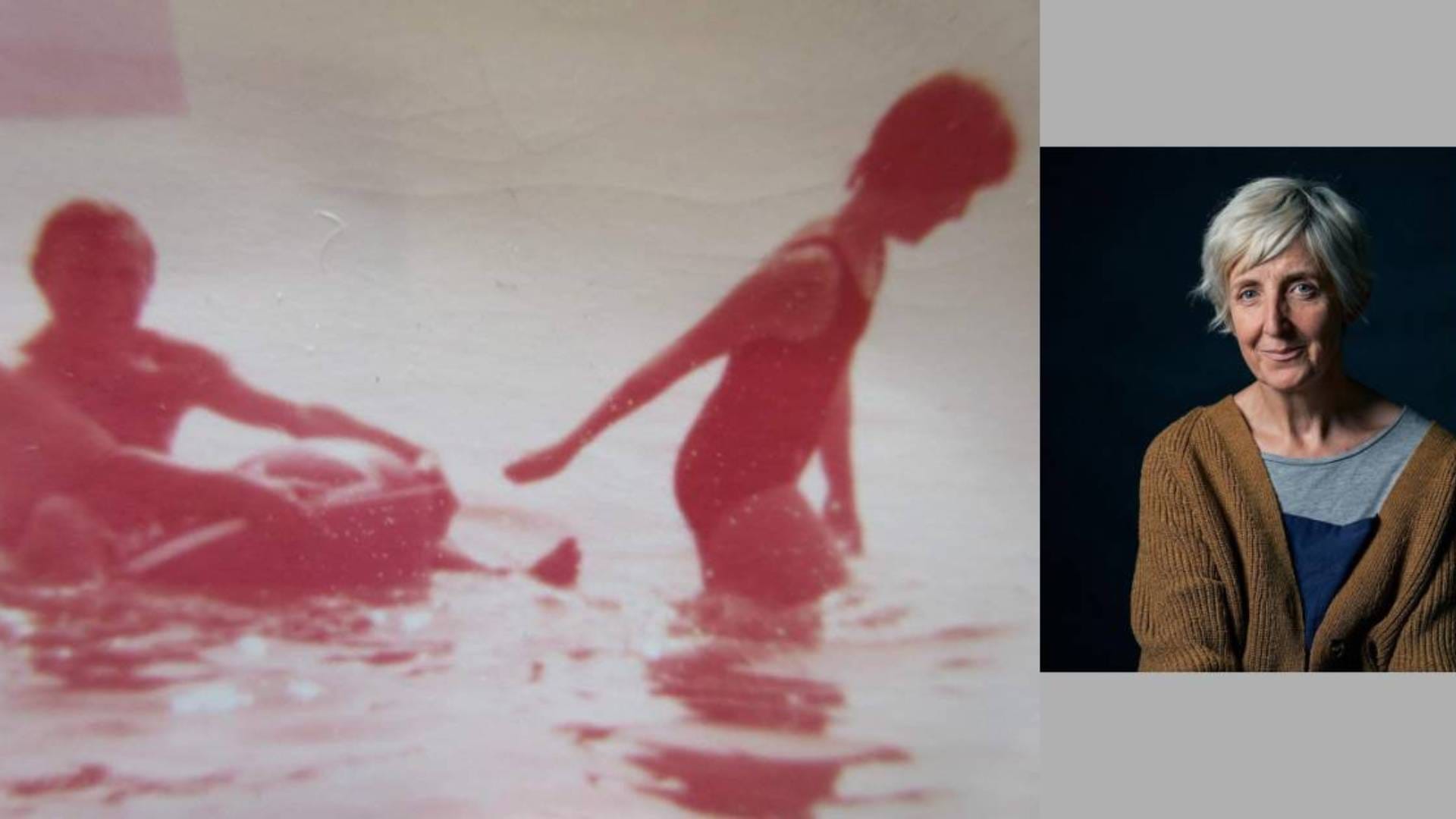 Don DeLillo is probably best known for his novels, but he’s also penned several plays. Here in the UK, we haven’t had much exposure to these works. In fact, it’s taken over a decade for Love-Lies-Bleeding to get its UK premiere at The Print Room at The Coronet, and it’s fallen again to Jack McNamara to direct DeLillo’s work after staging Valparaiso at The Old Red Lion in 2006.
Don DeLillo is probably best known for his novels, but he’s also penned several plays. Here in the UK, we haven’t had much exposure to these works. In fact, it’s taken over a decade for Love-Lies-Bleeding to get its UK premiere at The Print Room at The Coronet, and it’s fallen again to Jack McNamara to direct DeLillo’s work after staging Valparaiso at The Old Red Lion in 2006.
Love-Lies-Bleeding feels like a wholly contemporary play, despite being published in 2005. Dealing with an intricate and weighty topic, it has the ability to speak to everyone, for we can all imagine ourselves in a situation similar to the one explored here.
Abstract artist Alex has suffered a second stroke and is now in a permanent vegetative state. He’s being cared for by his fourth wife, Lia who is much younger, in a remote desert homestead. His son from his first marriage arrives with Toinette, the second of the four wives, number three apparently “fled with her nightgown ablaze”, and each of them have different views about whether Alex should continue living, or be helped to die.
The whole play is essentially the euthanasia debate played out on stage, and although written before a number of recent high-profile cases, DeLillo skilfully draws out each of the arguments, opinions and moral dilemmas that we have all come to recognise from various commentators. The writing is exceptionally strong, at just ninety minutes it barely has room to scratch the surface of a complex issue, yet you are left feeling totally immersed in this family’s difficult decision, understanding each of their viewpoints without hesitation. Flashbacks to Alex’s life before the strokes, and leaps forward to the weeks following, help create a sense of identity for each of the four characters, and McNamara has ensured they flow unobtrusively through the main narrative.
Clara Indrani perfectly captures the character of Lia, and as Sean, Jack Wilkinson brings out a fascinating identity in the son character, peering through black rimmed spectacles he reads, with near macabre enthusiasm, the recipe for inducing terminal sedation.
Josie Lawrence gives an outstanding performance as Toinette, giving the character an initial air of confidence teetering on detachment, only to later be ravaged by guilt and self-doubt. Joe McGann is equally as strong, most notably in those flash back scenes where he introduces us subtly to the man his character once was.
Lily Arnold’s design is strikingly beautiful, wooden decking represents the interior action, but never confines it, the rest of the stage makes up the desert landscape, where sand dunes literally seep out of the walls. At the back of the stage a large mirror cleverly reveals additional set and video projections, adding new layers to the already deep and meaningful plot. Combine all of this with Azusa Ono’s lighting design and the effect is stunningly authentic.
Love-Lies-Bleeding is a truly magnificent play, drawing its audience in to a scenario we hope we never find ourselves in, but still hangs over us in frighteningly close proximity. As for the writing, this play shows that when a great novelist writes a play, each line of dialogue is like its own bestseller, carefully crafted to be delivered with unwavering confidence.























